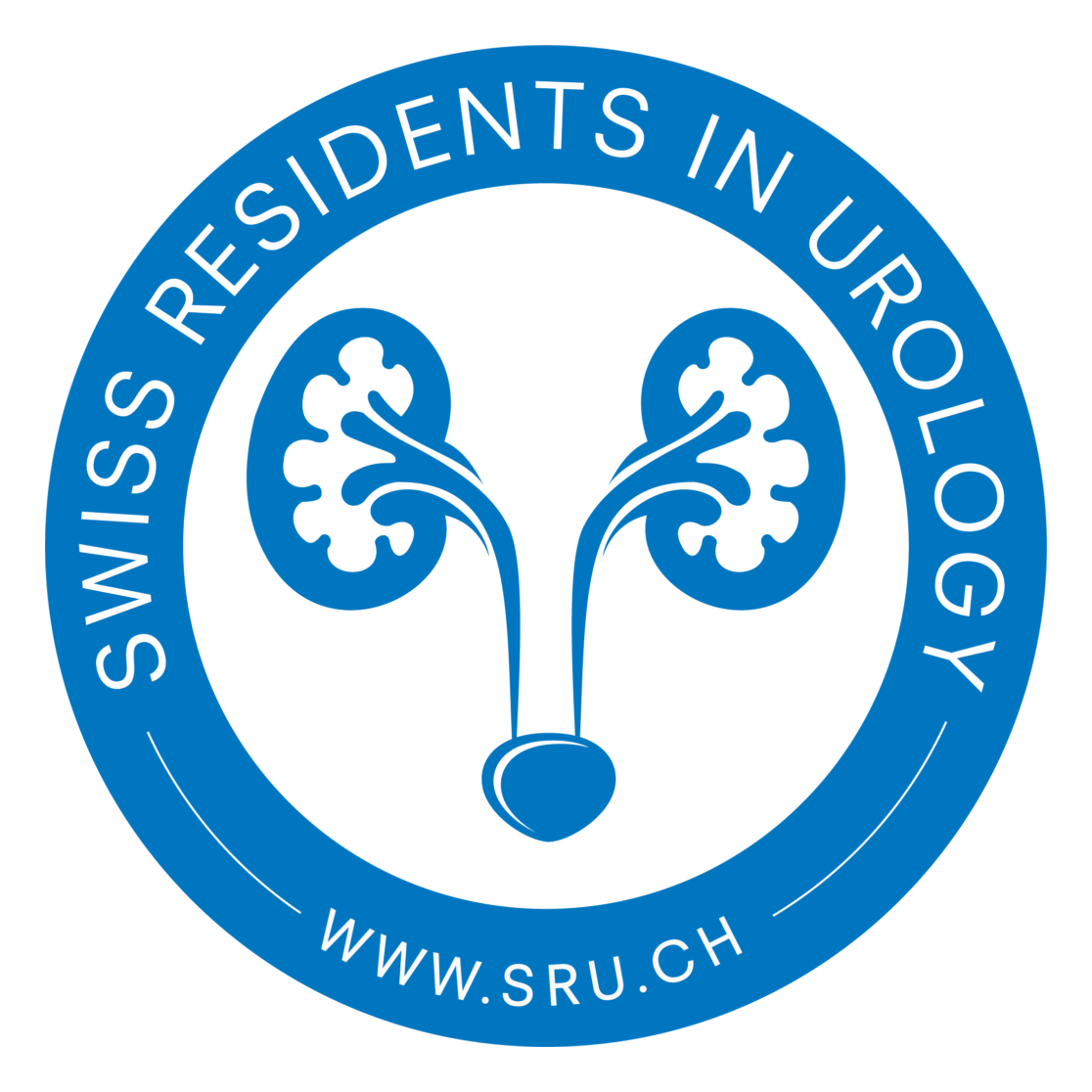Das EAU Talent Incubator Programm besteht aus vier Modulen, die sich auf verschiedene non-technical skills wie Führung und Kommunikation, mentales Wohlbefinden, digitale Technologien, sowie Forschung und Studien fokusieren.
Der SRU unterstützte Pia Kraft aus Winterthur und Andres Affentranger aus Luzern finanziell, damit sie am ersten Modul des des EAU Talent Incubator Programms in Innsbruck teilnehmen konnten.
Wir haben gute Nachrichten: Der SRU wird erneut das erste Modul zu Führung und Kommunikation unterstützen, das das von Donnerstag 9. Januar bis Samstag 11. Januar 2025 in Innsbruck stattfinden wird. Nähere Informationen zur Bewerbung werdet ihr im Herbst über den SRU-Newsletter erhalten. Wenn du dich für das Programm interessieren, kannst du dir gerne die Berichte von Pia und Andres anschauen.
***
Recap on EAU Talent Incubator Program Module One
Completing the Talent Incubator Module One has provided valuable insights. Beyond medical expertise, we emphasised the importance of building strong relationships with colleagues and patients. Effective communication, empathy and cultural sensitivity are critical to fostering trust and collaboration in patient care.
In addition, the course highlighted the importance of doctor’s wellbeing and self-care. A balance between the demands of the profession and personal health is critical to maintaining high quality patient care and preventing burnout. Strategies for stress management and work-life balance were discussed, emphasising the importance of self-care in medical practise.
Another important topic was collaboration, highlighting the value of teamwork and specialisation in modern urology. By working closely with colleagues and leveraging each other’s expertise, urologists can provide comprehensive and tailored care to their patients.
Furthermore, the course emphasised the importance of leadership skills in managing the complexity of modern healthcare. Urologists must have the ability to lead multidisciplinary teams, champion patient-centred approaches and drive positive change in their specialty. By developing adaptable, socially intelligent leaders, the future of urology remains bright amidst the evolving challenges and advances in medicine.
Finally, we have concluded that the dynamic nature of medicine requires a commitment to lifelong learning in order to continually optimise patient care in our daily work.
Andres Affentranger
__________________________

